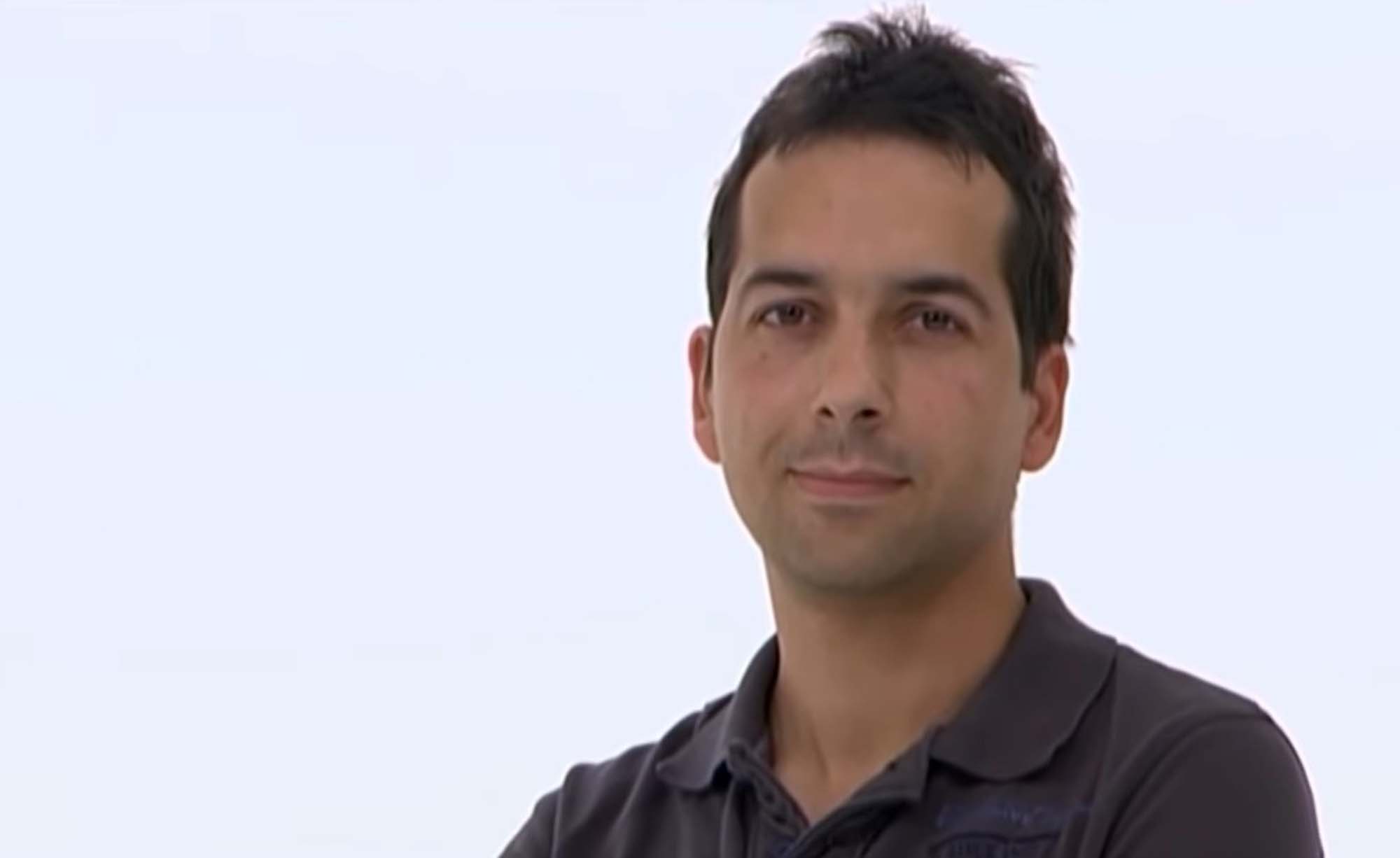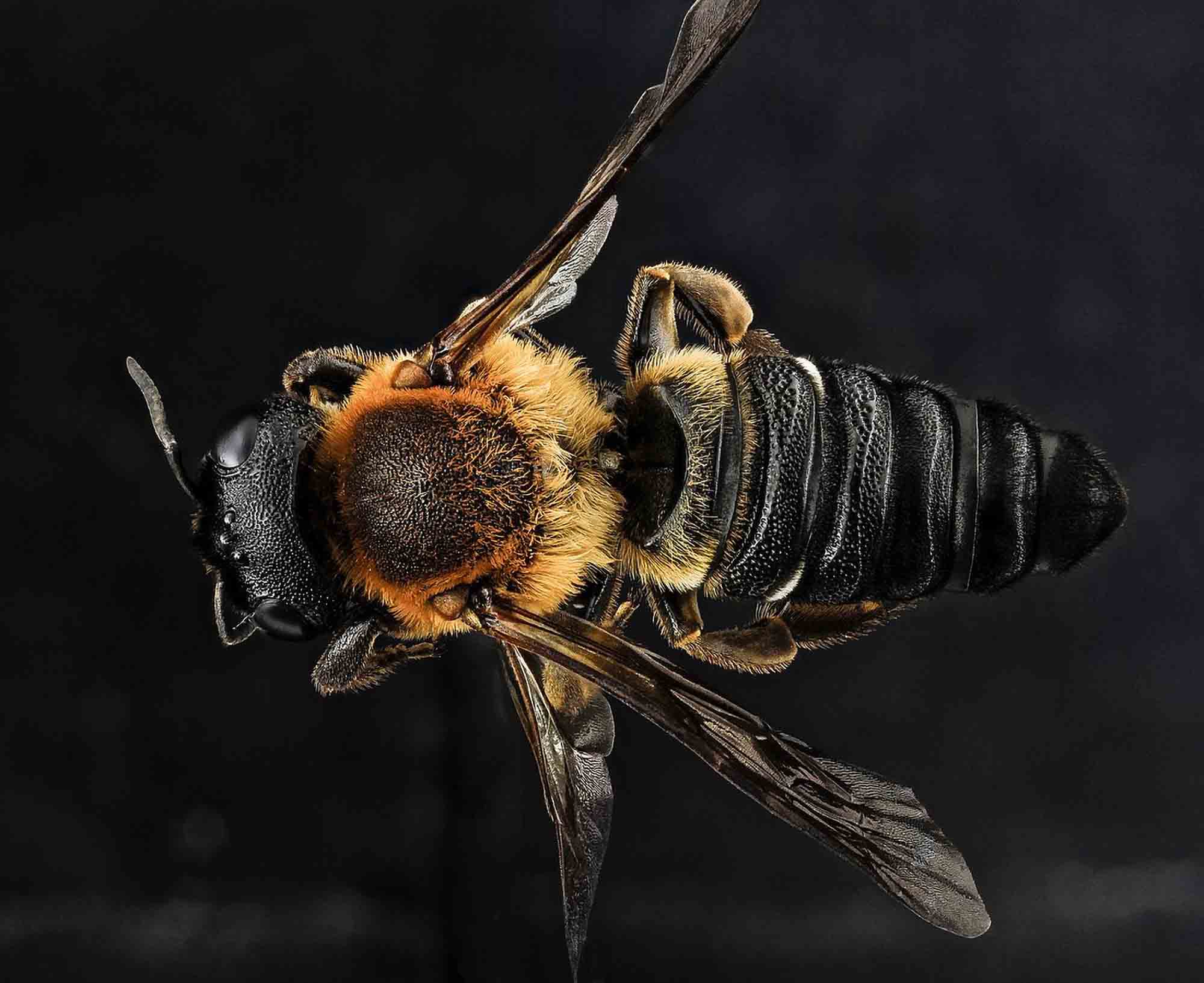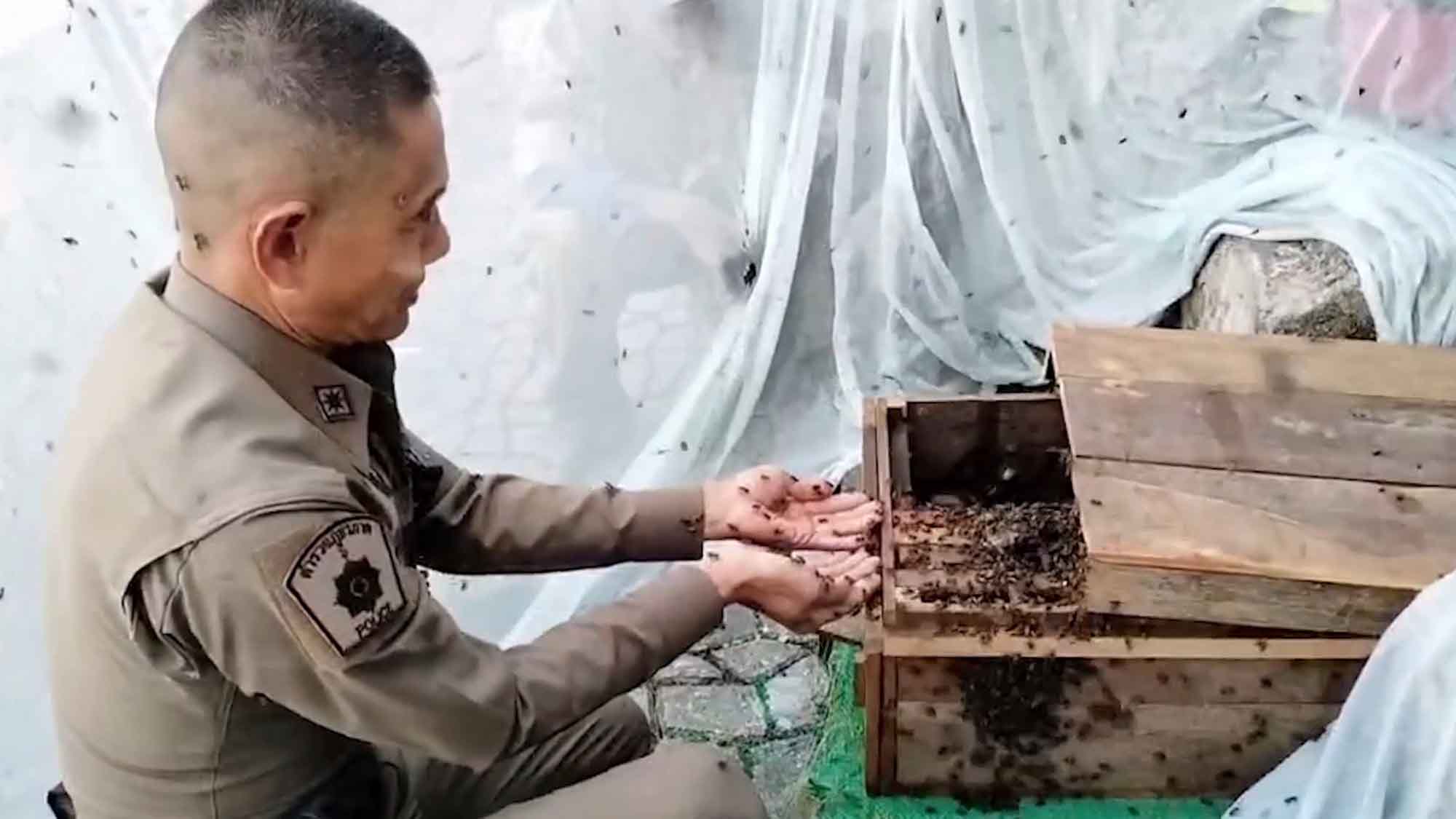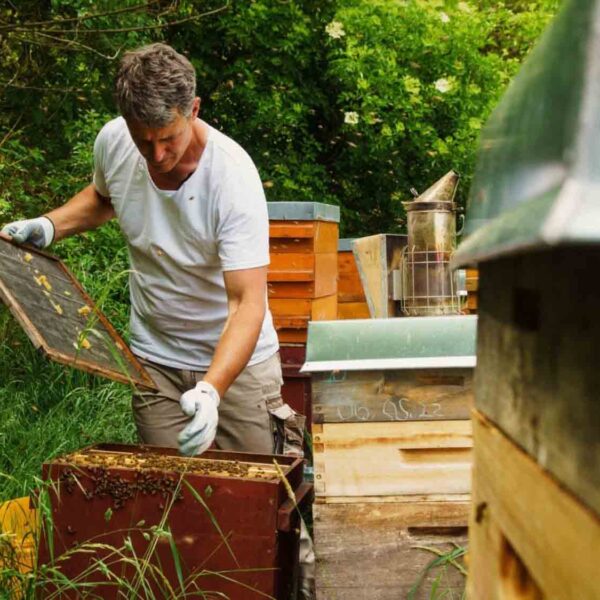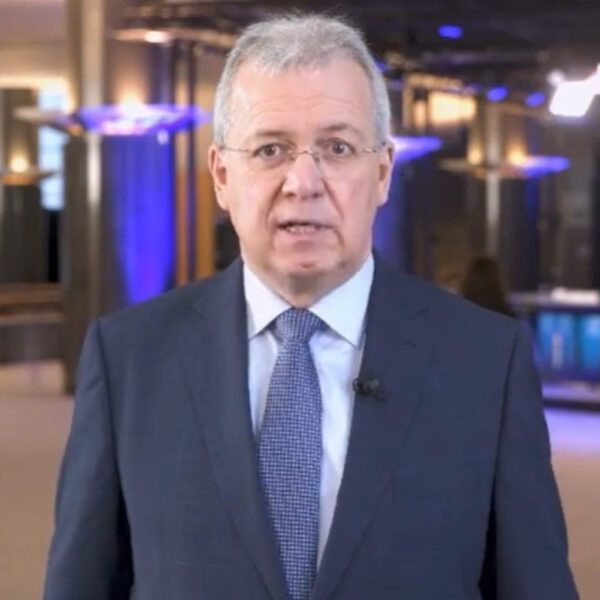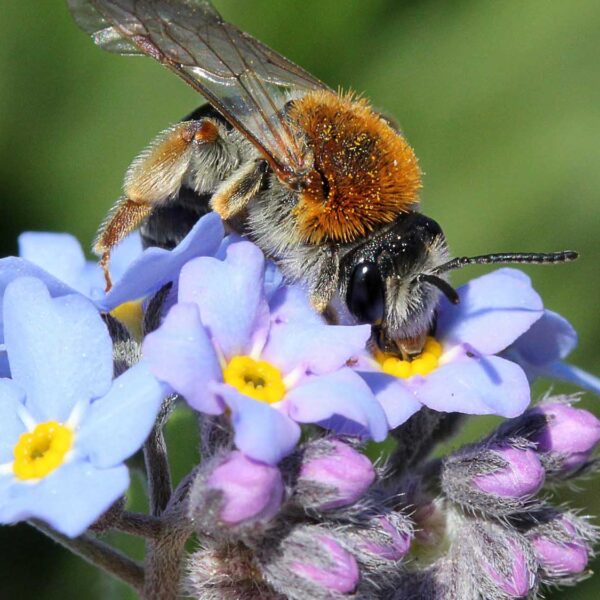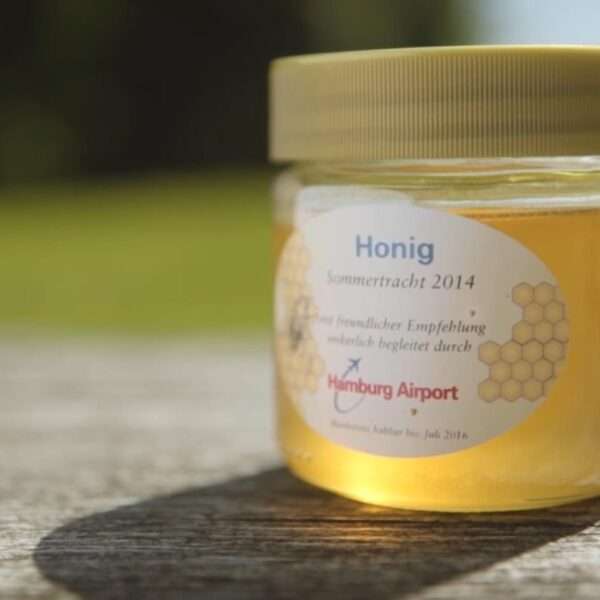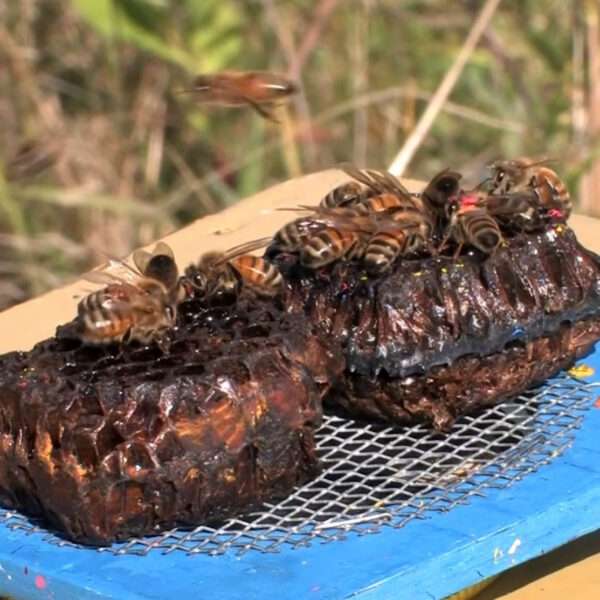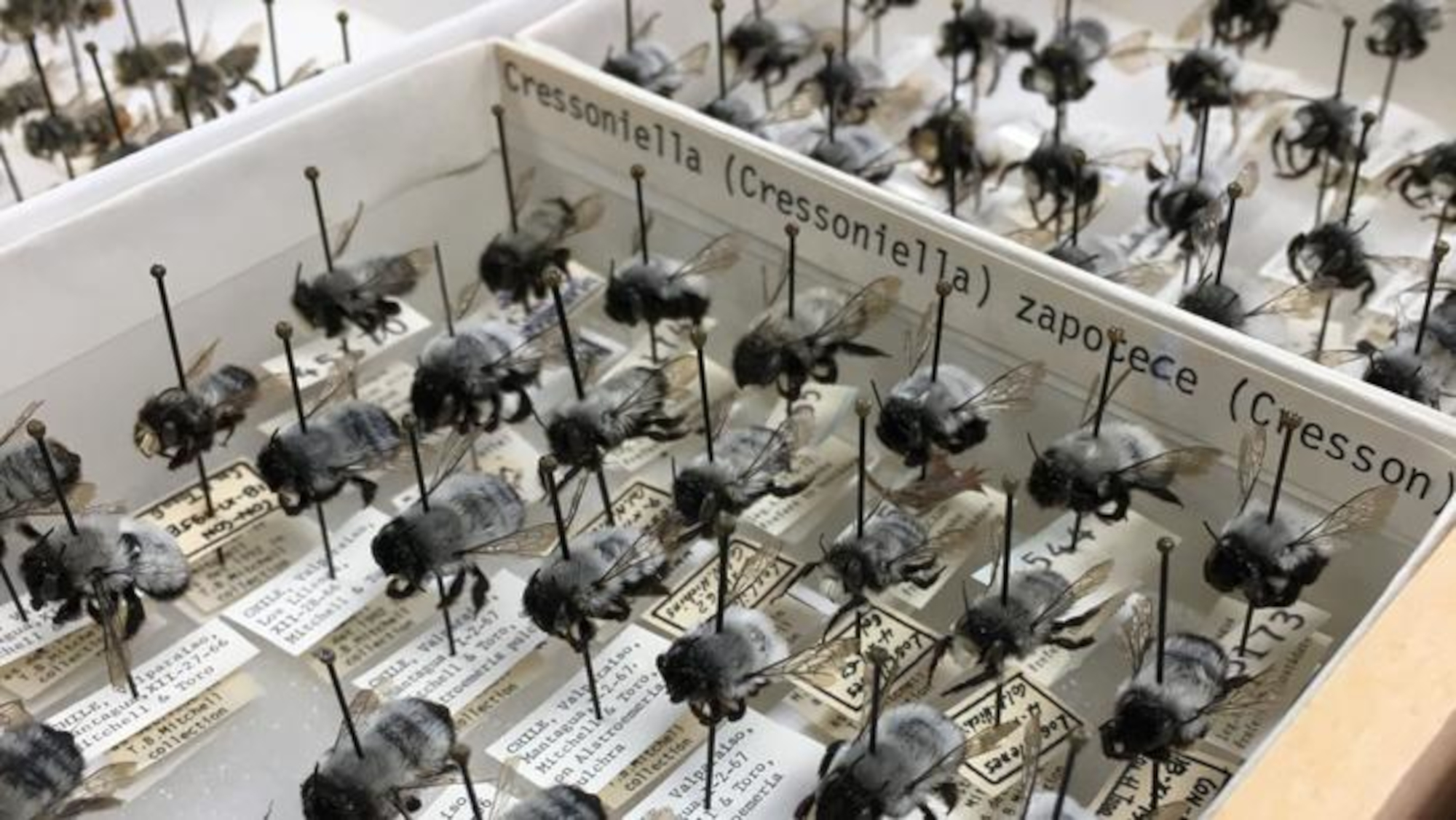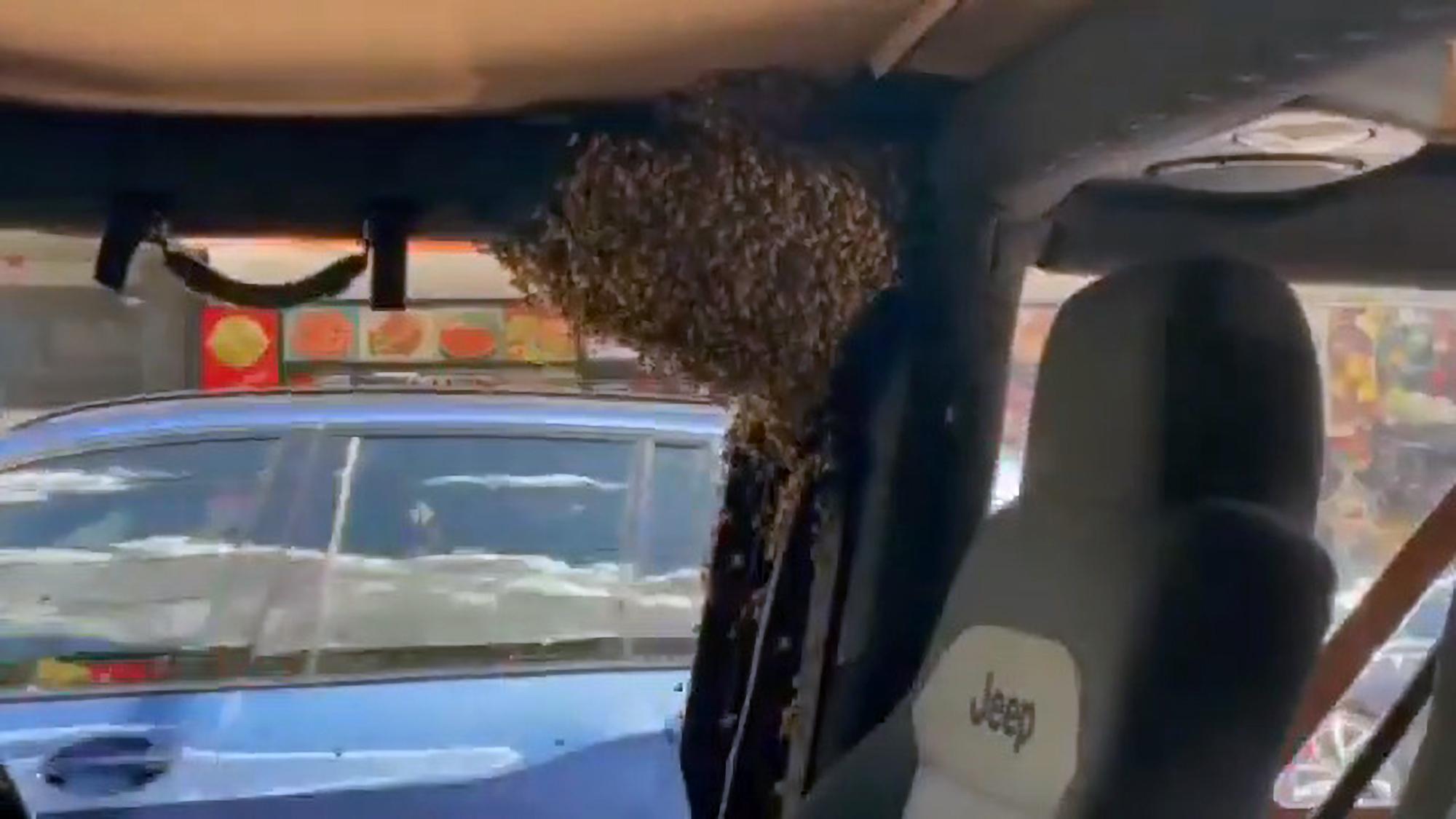A renowned researcher has praised a newly developed bee vaccine for “offering new perspectives” but also warned against considering it a “miracle solution.”
Dalan Animal Health – a biotech startup based in Georgia – recently confirmed that the United States Department of Agriculture (USDA) had approved a conditional licence for its American foulbrood (AFB) vaccine.
AFB is caused by a highly robust spore-forming bacterium. The liquid substance developed by the company contains an inactive version of the bacterium which is introduced into the royal jelly fed to the queen.
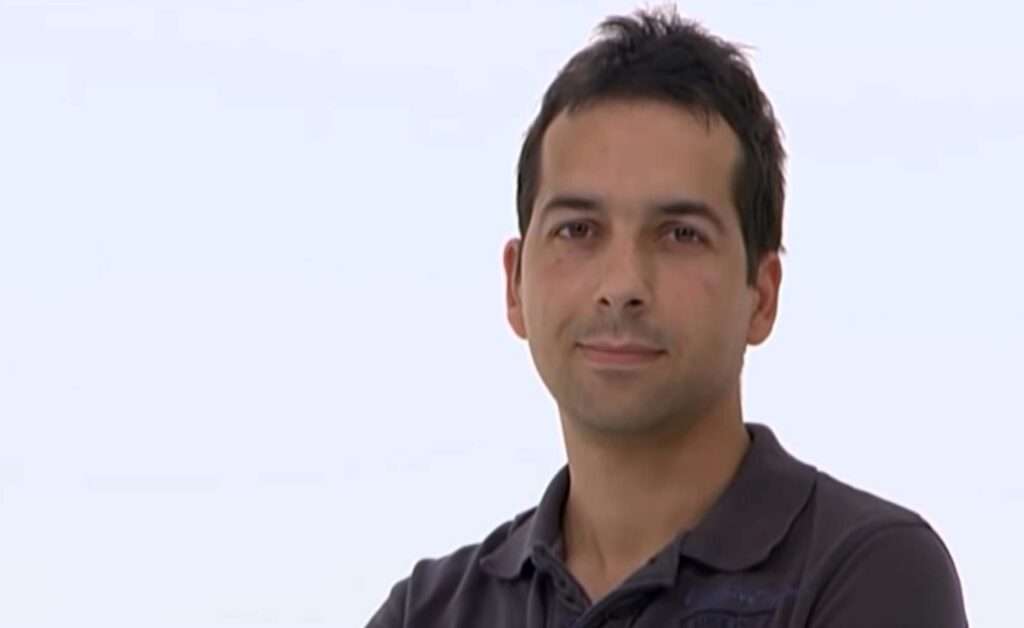
Dalan Animal Health managed to garner more than USD five million (EUR 4.6 million from different funding associations.
Now Dr Cedric Alaux from the French National Institute for Agriculture, Food, and Environment (INRAE) praised the endeavour for posing “new research perspectives”.
Dr Alaux told France24: “A crucial hurdle has been taken.”
The biologist said: “This sickness is prevalent in the United States. It occurs less frequently in Europe. However, there are cases all over the world.”
Dr Alaux underlined the big advantage of the substance developed by Dalan Animal Health. He explained: “The vaccine is a liquid substance consumed by the queen bees. This ensures that the worker bees which are yet to be born will enjoy higher protection against the disease.”
The INRAE expert warned that the new medical substance was not a “miracle solution” for the most urgent difficulties regarding pollinators.
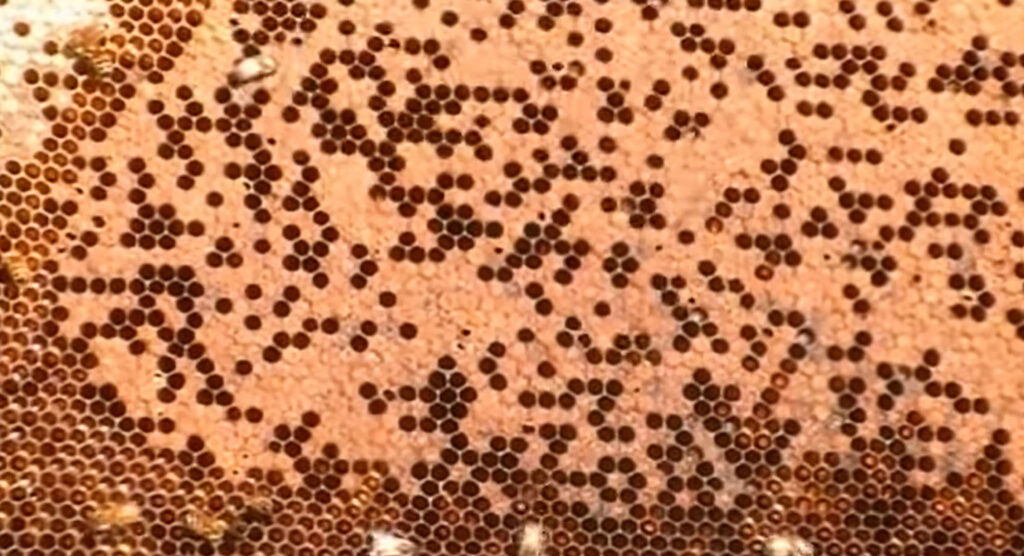
Speaking to France24, Dr Alaux criticised the application of pesticides such as those of the controversial group of neonicotinoids. He also warned against the worsening global warming and the decreasing diversity of floral resources available to pollinators in many regions.
The biologist concluded: “The vaccine alone will not solve the issue of bee population decline. This is a problem caused by several factors. Solitary bees will, in fact, not benefit at all. They are the most vulnerable group.”

